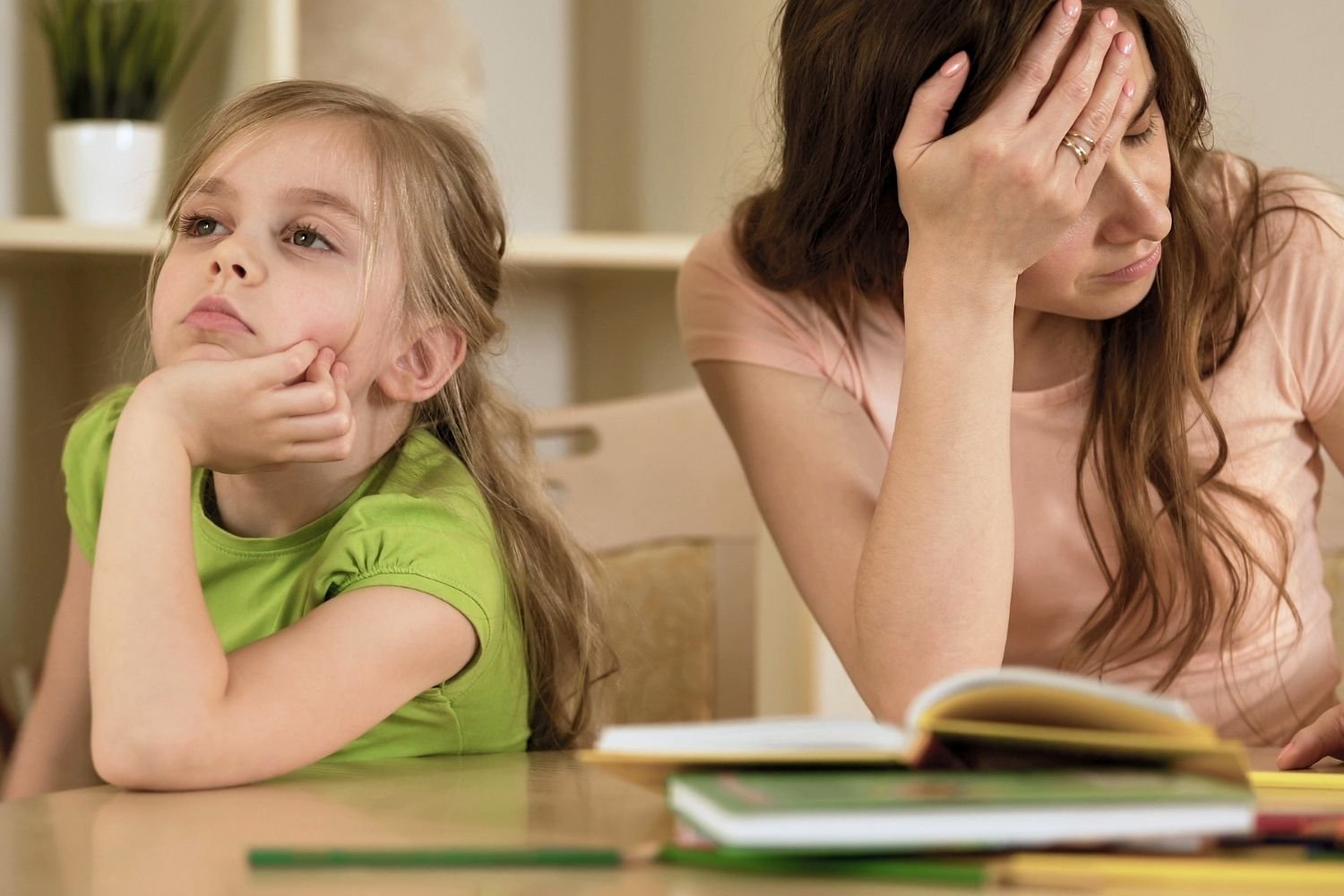[10 Disadvantages of Homeschooling to Consider Before Making the Switch]
Homeschooling can be a rewarding and enriching experience, but it is essential to be aware of its potential drawbacks before taking the plunge. While many parents opt for homeschooling with the best intentions, it can be helpful to explore the disadvantages to ensure an informed decision. From social isolation to academic challenges, this article will outline 10 disadvantages of homeschooling that parents should consider before making the switch.
Key Takeaways:
- Socialization Limitations: Homeschooling may reduce children’s opportunities for peer interaction and social skill development.
- Extracurricular Activity Restrictions: Homeschoolers may have limited access to sports, extracurricular clubs, and arts programs.
10 Disadvantages of Homeschooling

Homeschooling offers unique educational benefits, but it also poses potential drawbacks that parents should carefully consider. Here are some disadvantages to be aware of:
Lack of Socialization Opportunities
Homeschooling may limit children’s social interactions with peers, which can impact their ability to develop essential social skills such as communication, cooperation, and empathy.
Limited Extracurricular Activities
Homeschoolers often have fewer opportunities to participate in extracurricular activities like sports, clubs, and music programs, which can provide valuable physical, emotional, and cognitive benefits.
Lack of Structure and Accountability
Homeschooling requires parents to provide structure and accountability for their children’s education. Without a clear schedule and expectations, children may struggle to stay motivated and organized.
Challenges with Standardized Testing
Homeschoolers may face challenges in taking standardized tests, which can be important for college admissions and assessing their academic progress compared to other students.
Limited Access to Resources
Homeschoolers may not have access to the same resources as children attending traditional schools, such as libraries, laboratories, and specialized facilities.
Parental Stress and Burnout
Homeschooling can be a demanding task that requires parents to be both educators and caregivers, potentially leading to stress and burnout.
Limited Interaction with Diverse Perspectives
Homeschooling may limit children’s exposure to diverse backgrounds and perspectives, which can hinder their ability to develop a well-rounded understanding of the world.
Isolation and Loneliness
Children who are homeschooled may experience feelings of isolation and loneliness due to limited peer interactions.
Lack of Professional Support
Homeschooling parents may not have access to the same level of professional support as teachers, such as curriculum guidance, educational consultation, and special education services.
Difficulty Returning to Traditional School
Children who have been homeschooled for an extended period may face challenges re-entering traditional school environments, particularly in terms of social adjustment and academic expectations.
If you want to ace your academics, head over to our article on the 10 advantages of homework.
For those on the lookout for a remote work setup, here’s a list of 100 remote work from home jobs to help.
And if you prefer to 100 work from home jobs, we’ve got you covered there too.
Increased Burden on Parents as Educators

One of the most significant downfalls of homeschooling is the increased burden it places on parents. The role of an educator is highly demanding, and without proper training or support, parents may struggle to provide their children with the optimal learning experience.
The traditional school system offers a structured environment with dedicated teachers who specialize in different subjects. In a homeschooling setup, parents are solely responsible for curriculum planning, lesson delivery, assessment, and progress monitoring. This can be overwhelming, especially for those without a background in education.
Moreover, parents may find it challenging to balance homeschooling responsibilities with their work, personal life, or other commitments. This can lead to stress, burnout, and potential neglect of their own well-being.
Key Takeaways:
- Homeschooling places a significant burden on parents, who become responsible for all aspects of their child’s education.
- Parents may struggle to balance homeschooling with other responsibilities, leading to stress and potential burnout.
- Without proper training or support, parents may find it challenging to provide their children with a well-rounded education.
References
– Homeschooling: A Comprehensive Guide to the Benefits and Challenges
– The Pros and Cons of Homeschooling Your Child
Potential for Academic Gaps and Uneven Educational Progress
As a seasoned homeschooling authority, I’ve witnessed firsthand the educational benefits and setbacks associated with this approach. One significant concern is the potential for academic gaps in homeschooled students.
Homeschooling parents, despite their dedication, may not possess the expertise or resources to cover all subjects thoroughly. This can lead to uneven progress, where certain areas receive more attention than others. Without standardized assessments and external validation, it can be challenging to gauge a child’s progress accurately.
Moreover, the lack of peer interaction in homeschooling settings can hinder social and emotional development. This can impact students’ ability to collaborate, problem-solve, and navigate social situations effectively.
Key Takeaways:
- Homeschooling poses unique challenges in addressing academic gaps due to limited access to specialized resources and assessments.
- The absence of peer interaction can impede social and emotional development, affecting students’ overall progress.
Most Relevant URL Sources
- Homeschooling: Bridging the Academic Achievement Gap
- The Academic and Social Benefits of Homeschooling
Difficulty with socialization and peer relationships
Homeschooling restricts children’s opportunities to interact with peers, affecting their social development and peer relationship skills. Spending most of their time at home limits their exposure to diverse perspectives and reduces their ability to navigate social situations. Homeschooled children may face challenges in developing empathy, cooperation, and conflict-resolution skills.
Key Takeaways:
- Reduced peer interactions hinder social development and peer relationship skills.
- Limited exposure to diverse perspectives impacts social understanding.
- Challenges in developing empathy, cooperation, and conflict-resolution abilities.
Relevant URL Sources:
- The Pros and Cons of Homeschooling: How it Can Impact a Child’s Social and Emotional Development
- Homeschooled Children’s Social Skills
FAQ
Q1: Does homeschooling limit children’s socialization opportunities?
A1: Yes, homeschooled children may have limited opportunities to interact with peers and develop social skills compared to children attending traditional schools.
Q2: Are homeschoolers at a disadvantage in terms of extracurricular activities?
A2: Yes, homeschoolers may not have access to the same range of extracurricular activities as children attending traditional schools due to the lack of organized sports, clubs, and other programs.
Q3: Is it harder to assess student progress in a homeschooling setting?
A3: Yes, assessing student progress can be challenging in homeschooling, as parents may not have the training or experience to evaluate academic performance effectively.
Q4: Can homeschooling lead to feelings of isolation for children?
A4: Yes, homeschooled children may experience feelings of isolation due to limited social interactions with peers outside of the family environment.
Q5: Are homeschooling parents likely to face an increased financial burden?
A5: Yes, homeschooling can require a significant financial investment for resources such as curriculum, tutors, and activities, which can be a burden for some families.
- Greenhouse Storage Shed Combos: Your Guide to Combining Growing and Storage - April 21, 2025
- Greenhouse Shed Combo: Design, Build & Grow Year-Round - April 21, 2025
- Gingham vs. Plaid: What’s the Difference? A Complete Guide - April 21, 2025










